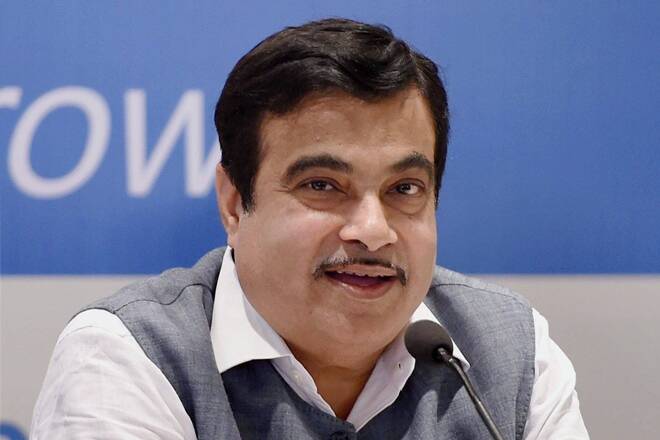Pune: Ethanol Production Restrictions Temporary, Relief on the Horizon – Union Minister Nitin Gadkari Assures

Pune, 13th January 2024: Union Minister of Road Transport and Highways of India Nitin Gadkari has reassured the sugar industry that the current restrictions on ethanol production are temporary and relief measures will be implemented soon. Speaking at the international conference on Sustainability, Challenges, and Opportunities in the Global Sugar Industry organized by Vasantdada Sugar Institute (VSI), Gadkari highlighted the government’s awareness of the challenges faced by sugar factories due to the imposed restrictions.
The central government had imposed restrictions on ethanol production due to concerns about a potential shortfall in the country’s sugar production. Nitin Gadkari made it clear that these restrictions are temporary and emphasized that efforts are underway to provide relief to the sugar industry.
“I am in touch with Prime Minister Narendra Modi on the ethanol issue. As per the long-term ethanol policy, the central government’s commitment to promoting ethanol production continues. Ethanol restrictions will be eased soon,” stated Nitin Gadkari during his address at the conference.
Encouraging sugar mills to explore alternative avenues, Gadkari urged the industry to move beyond ethanol production. He emphasized the need for sugar mills to venture into the production of Compressed Biogas (CBG), green hydrogen, and green jet fuel using various agricultural wastes, including sewage, sludge, and urban waste.
Gadkari highlighted the success of Panipat in producing CBG and green jet fuel from rice bran, an agricultural residue. The minister emphasized the cooperative role that will be undertaken under the green hydrogen policies of the central government.
According to the Ethanol Production Policy, the central government has approved the establishment of 300 ethanol pumps across the country. This decision allows sugar mills nationwide to operate ethanol pumps alongside traditional petrol-diesel pumps. Additionally, successful experiments in Assam have demonstrated the production of ethanol from bamboo, with exports to Bangladesh.
Gadkari envisaged a future where cars running entirely on ethanol and green hydrogen would ply the roads of the country, signalling a shift towards sustainable and eco-friendly transportation solutions.
Addressing the positive impact of the sugar industry on regional development, Gadkari acknowledged the role of VSI and Sharad Pawar in the growth of Western Maharashtra. He predicted that the establishment of a research centre by VSI near Nagpur would contribute to the growth of the sugar industry in Vidarbha, creating a conducive environment for development.





